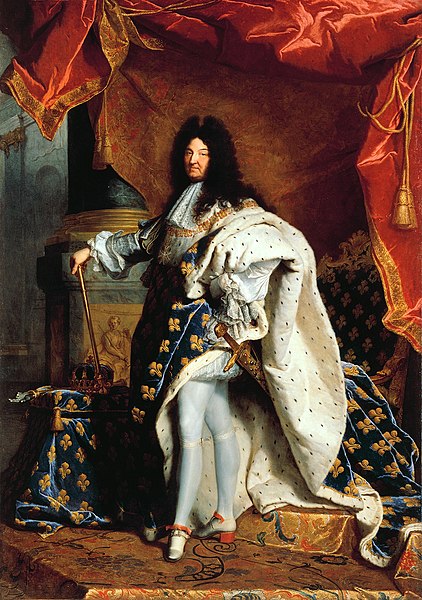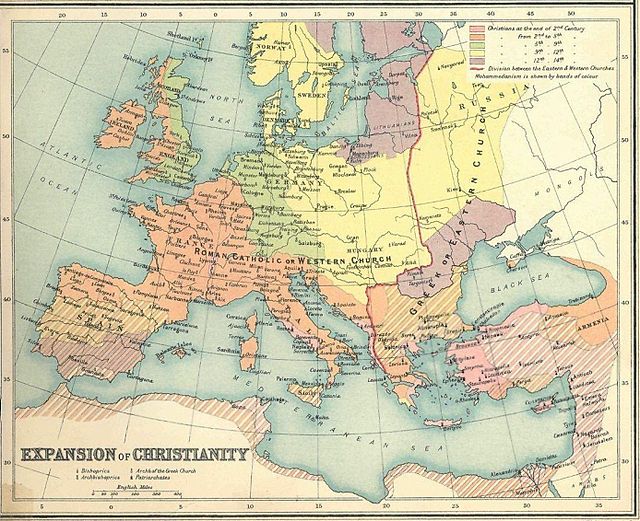France, officially the French Republic, is a country located primarily in Western Europe. It also includes overseas regions and territories in the Americas and the Atlantic, Pacific and Indian oceans, giving it one of the largest discontiguous exclusive economic zones in the world. Metropolitan France shares borders with Belgium and Luxembourg to the north, Germany to the north east, Switzerland to the east, Italy and Monaco to the south east, Andorra and Spain to the south, and a maritime border with the United Kingdom to the north west. Its metropolitan area extends from the Rhine to the Atlantic Ocean and from the Mediterranean Sea to the English Channel and the North Sea. Its overseas territories include French Guiana in South America, Saint Pierre and Miquelon in the North Atlantic, the French West Indies, and many islands in Oceania and the Indian Ocean. Its eighteen integral regions span a combined area of 643,801 km2 (248,573 sq mi) and have a total population of 68.4 million as of January 2024. France is a unitary semi-presidential republic with its capital in Paris, the country's largest city and main cultural and commercial centre; other major urban areas include Marseille, Lyon, Toulouse, Lille, Bordeaux, Strasbourg, Nantes and Nice.

The Maison Carrée was a temple of the Gallo-Roman city of Nemausus (present-day Nîmes) and is one of the best-preserved vestiges of the Roman Empire.
With Clovis's conversion to Catholicism in 498, the Frankish monarchy, elective and secular until then, became hereditary and of divine right.
Joan of Arc led the French Army to several important victories during the Hundred Years' War (1337–1453), which paved the way for the final victory.
Louis XIV, the "Sun King", was the absolute monarch of France and made France the leading European power.
Western Europe is the western region of Europe. The region's extent varies depending on context.
Schism of 1054 (East–West Schism) in Christianity





